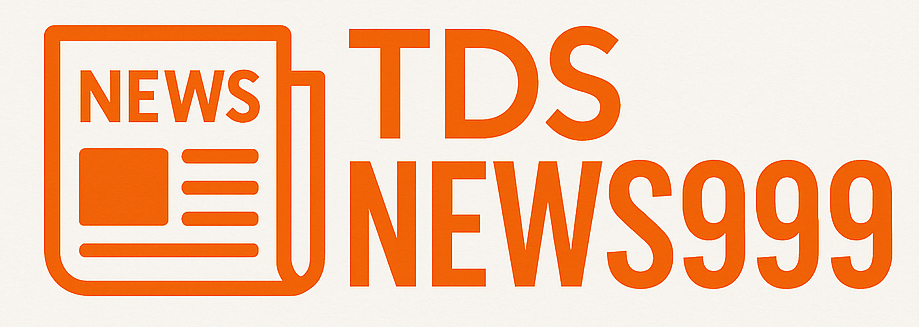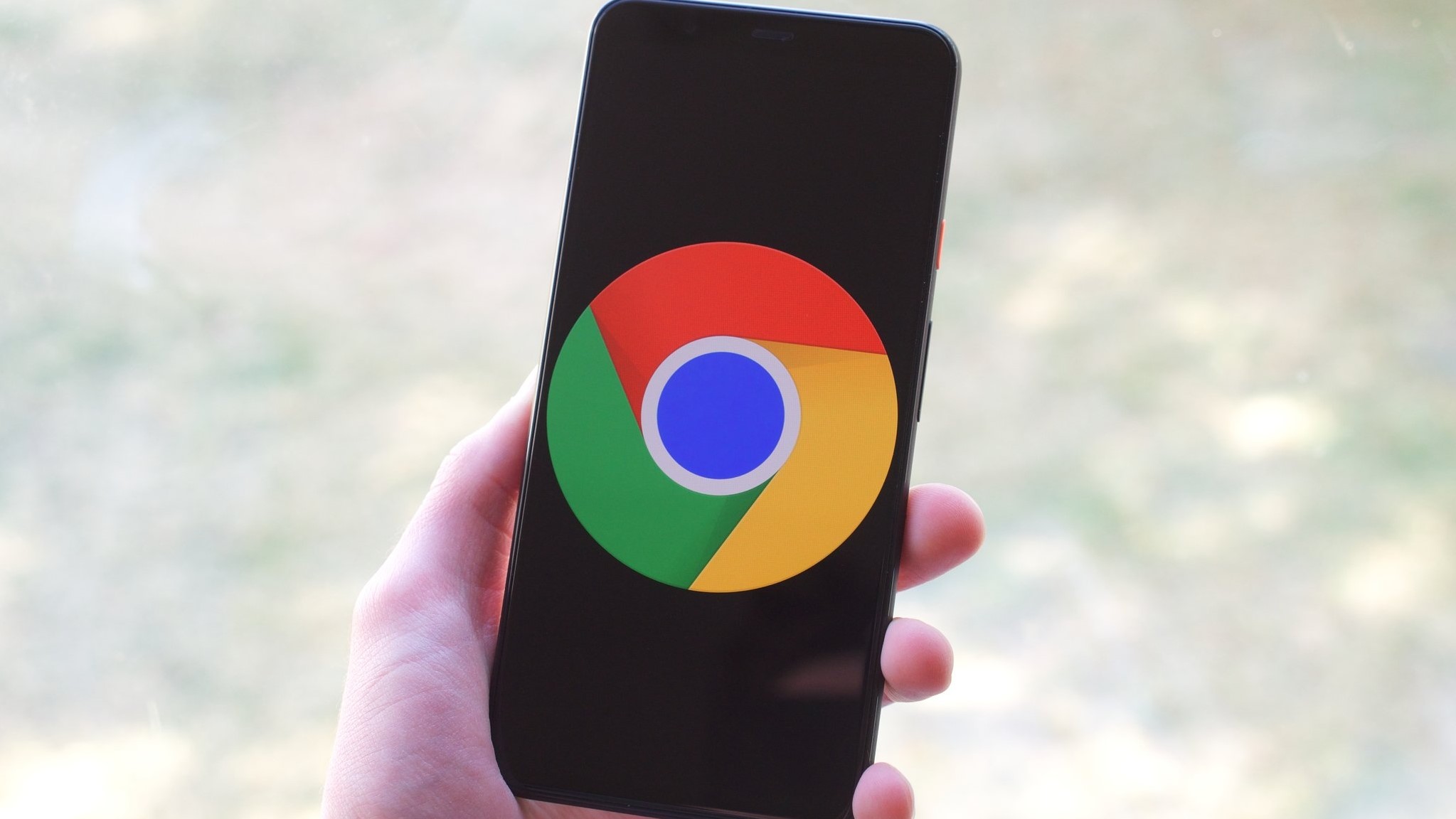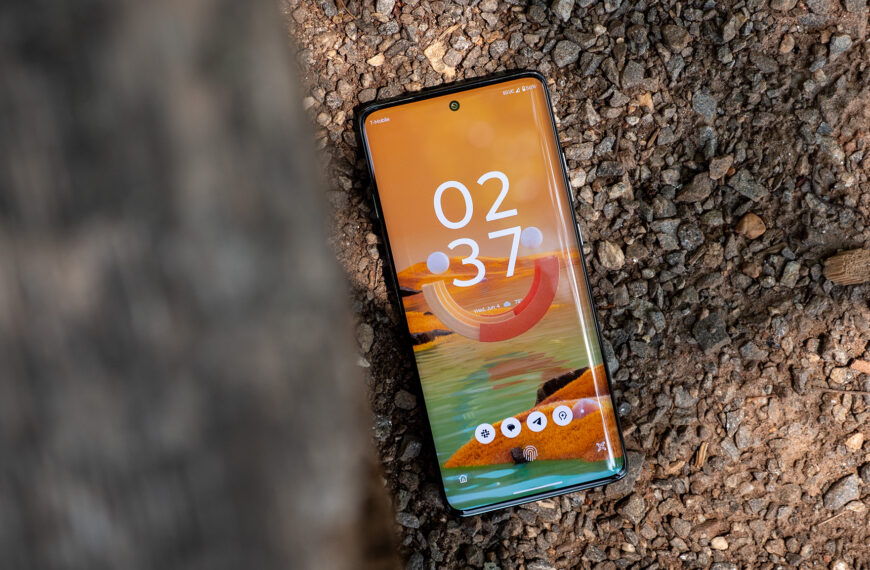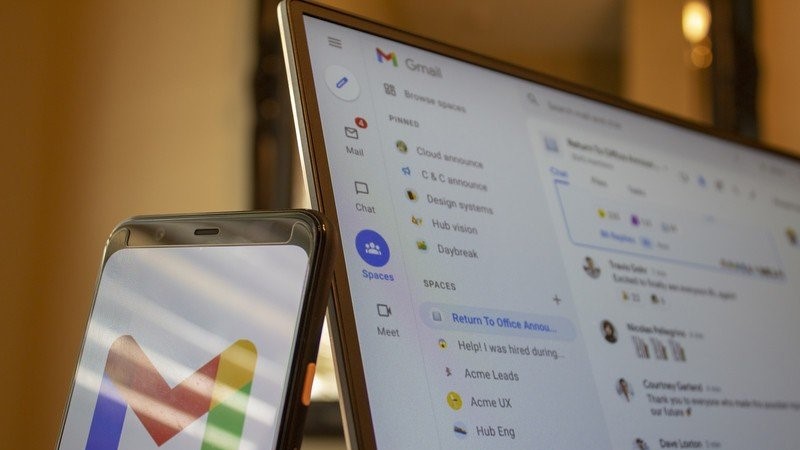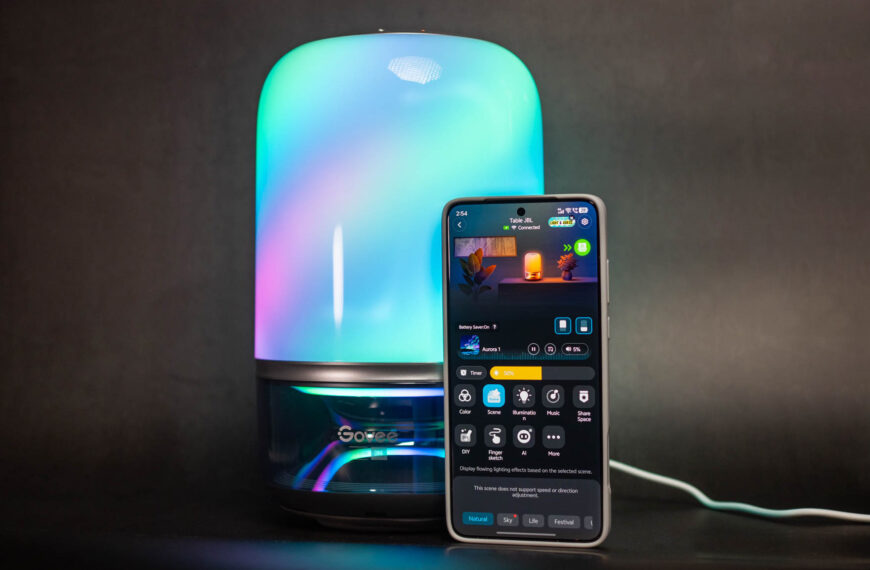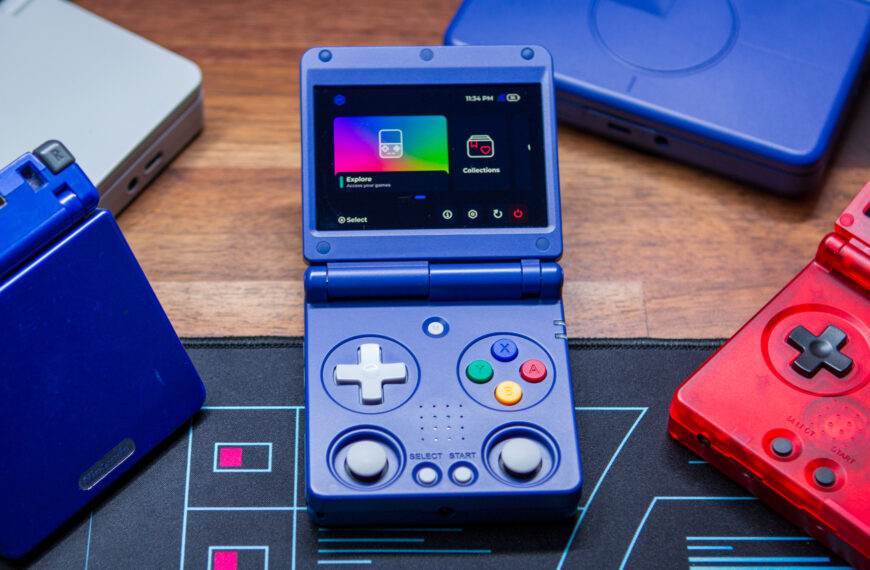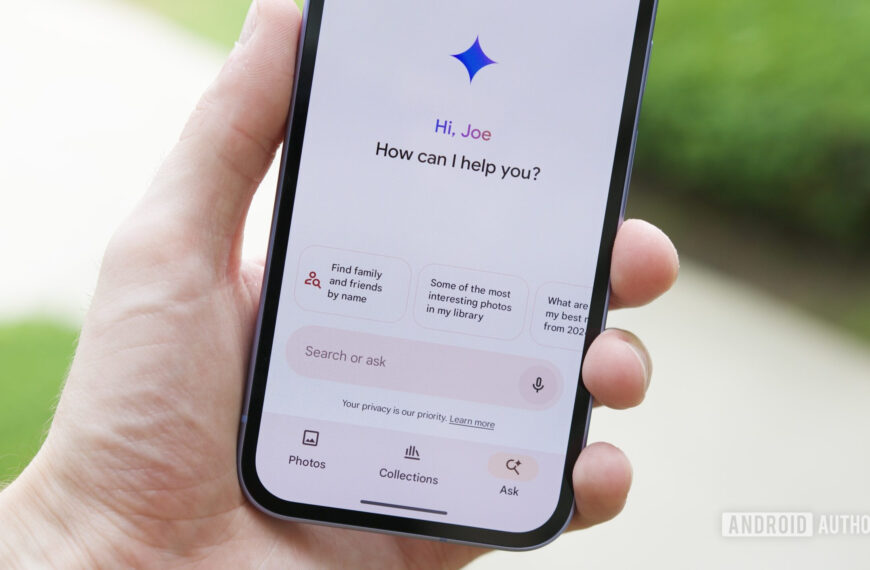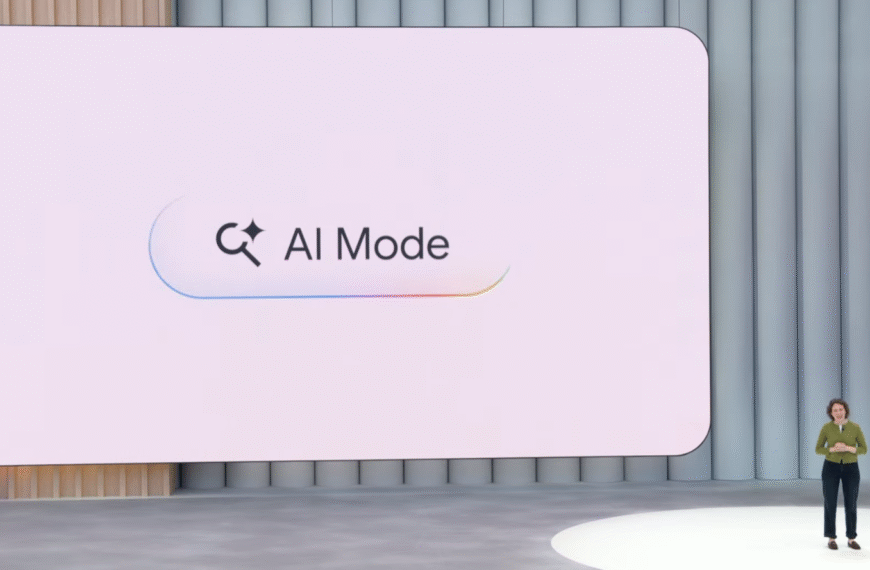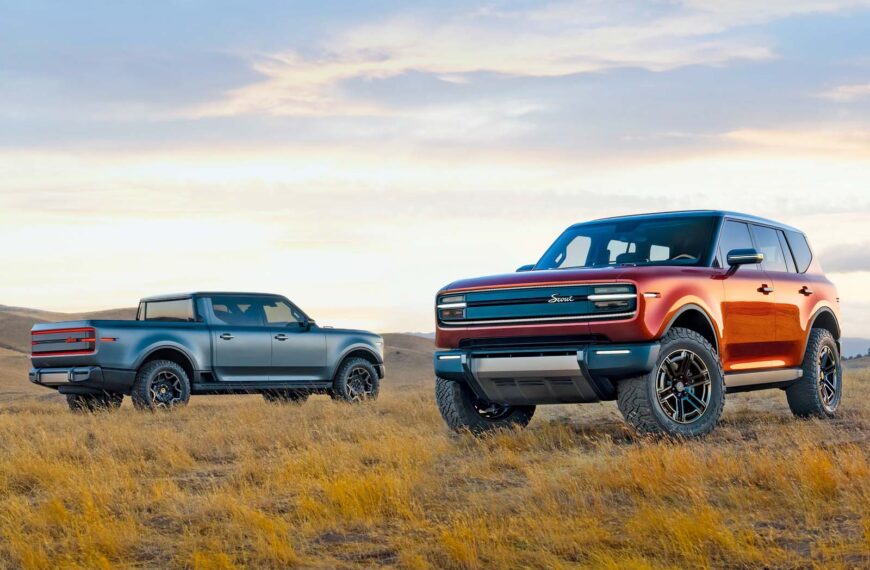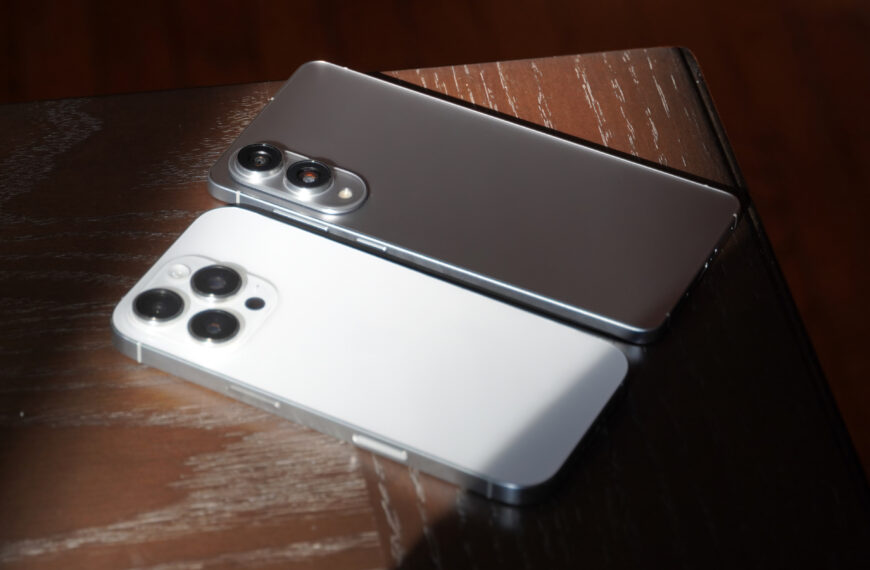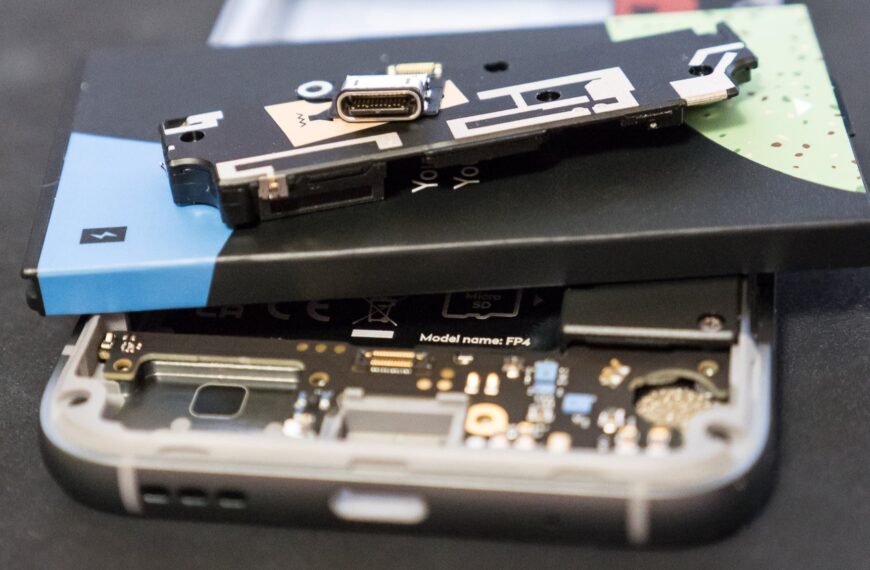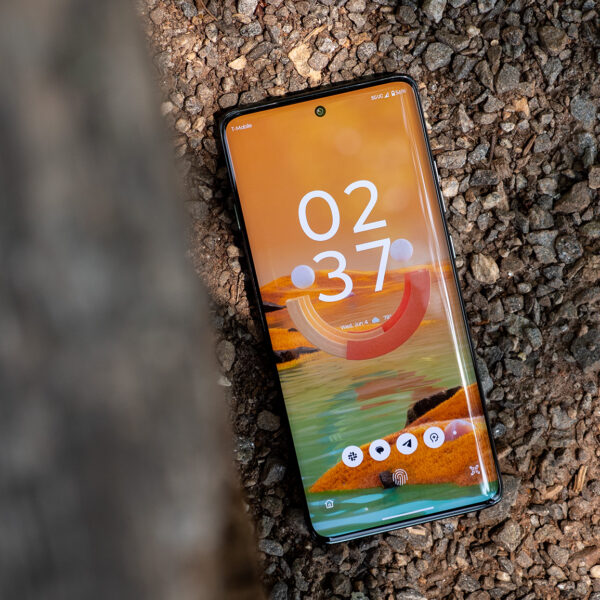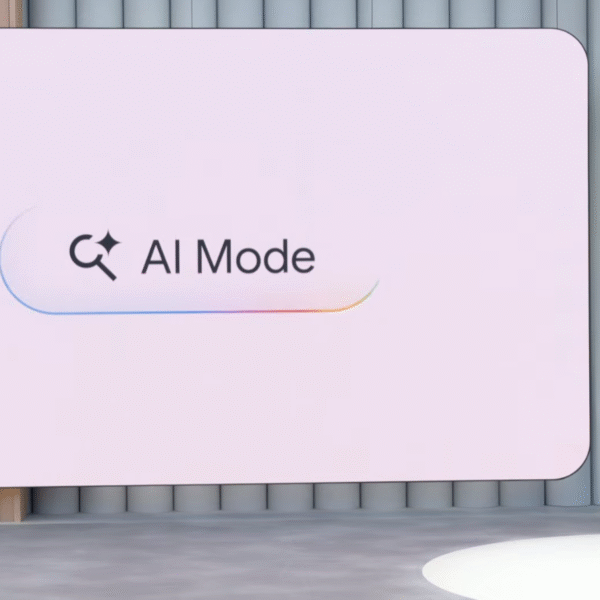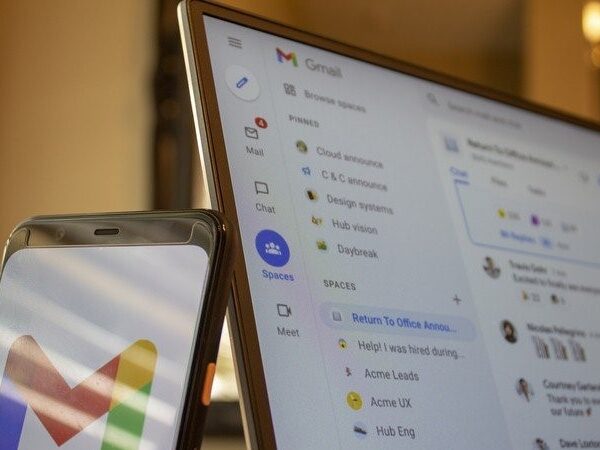What you need to know
- Google announced it will no longer be updating Chrome for users on Android 8.0 and Android 9.0.
- Even though Chrome will continue to work on their phones, users will not get updates beyond Chrome version 138.
- Starting around August 5th, Chrome version 139 will need Android 10 or newer to keep getting Chrome updates.
Google announced that it will stop bringing updates for Chrome versions running on Android 8.0 (Oreo) and Android 9.0 (Pie) in the next few weeks.
On its support page, Google explained that Chrome version 138 will be the last update available to the above Android users, following which they may need to upgrade to Android 10.0 to receive Chrome version 139, which is scheduled to release on August 5.
Phones that run on Oreo and Pie were typically released in the mid-to-late 2010s. And according to the latest Android distribution chart, approximately 9.8% phones are still running on Android versions Oreo and Pie. This includes some of the first-ever Google Pixel phones, up to the Pixel 3XL, Samsung Galaxy S8 and S8 Plus, OnePlus 5/5T, and so on.
In contrast, about 10.2% of phones run on Android 10 (Q), which means that Chrome will likely be compatible on this Android version for the next few years at least, based on how long Android 10 remains widely used.
That said, Google confirmed that Chrome will still continue to function as usual on Android 8 and 9, but won’t be receiving any new updates going forward.
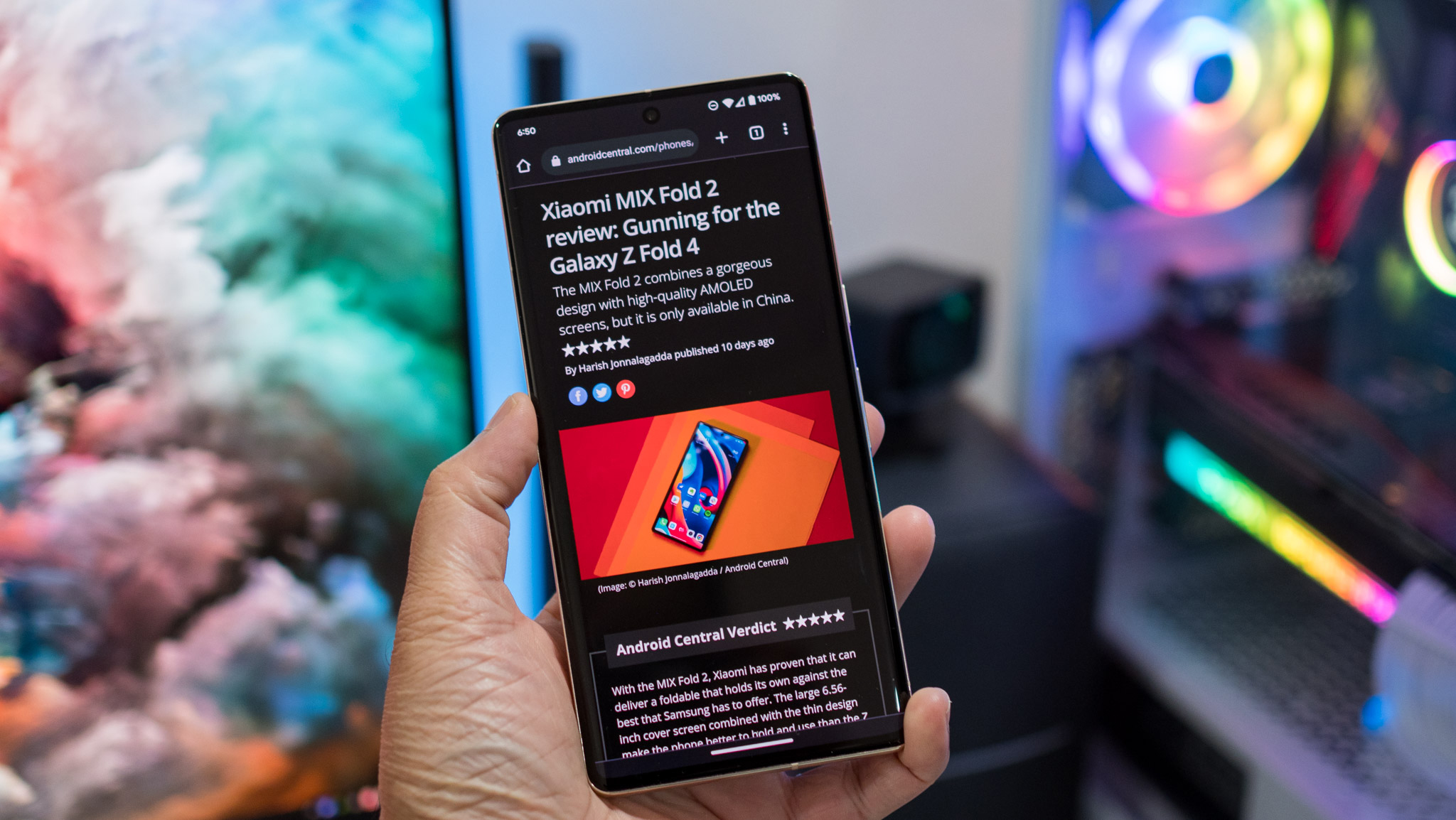
Google recommends that users on these older versions update their devices to Android 10.0 or newer if possible. If you’re someone who is unsure if this change might impact you, here’s how to check your Android version or update your device. Head to your device’s Settings menu under “About phone” or “System updates.”
That said, companies usually stop updating older versions of the software as they focus on bringing better features to new versions. With the recent rollout of stable Android 16, introducing features like Material 3 Expressive, it is recommended to upgrade to a device that supports some of the newer Android versions to continue to receive timely updates, even though Android 10 is currently the minimum requirement.
